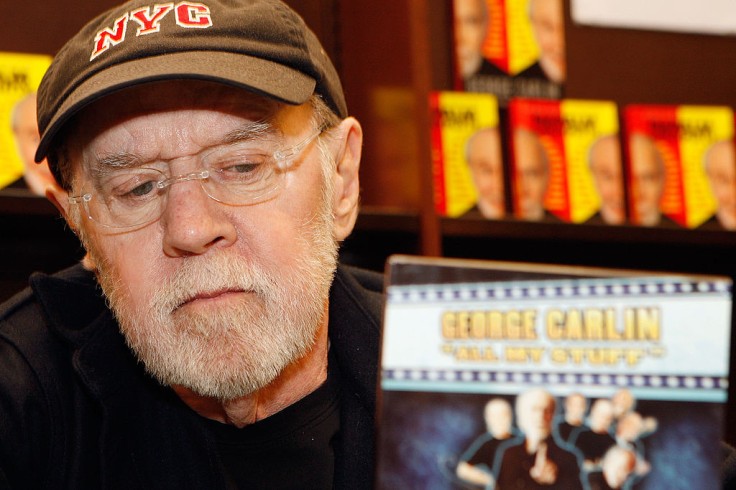The estate of the later comedian George Carlin has filed a lawsuit against the media company that broadcasted the company special featuring an AI-generated Carlin.

The estate is suing the podcast outlet Dudsey for using a synthetic voice of the deceased Carlin for its hour-long audio special, "George Carlin: I'm Glad I'm Dead."
Carlin's family claimed that none of them consented to what they call a "poorly executed facsimile cobbled together by unscrupulous individuals" to capitalize on the comedian's fame.
Filed to a federal court in Los Angeles, the estate and Carlin's family are requesting for the audio special to be taken immediately and receive reparations from Dudsey and its hosts, Will Sasso and Chad Kultgen.
AI Copyright Cases are a Legal Mess
If the copyright case of the Carlin estate won, it will lead to a legal precedent in the ever-increasing gray area of AI use applications on people's likenesses.
The past year has seen more and more companies using technology to replicate the likeness of famous personalities, many of which are made without the person or their estate's permission.
Members of SAG-AFTRA won their hard-fought battle to secure protection from unconsented AI use last year.
However, the demand mainly falls on the streaming companies and Hollywood studios, not small start-ups not covered by the union's demands.
Several personalities, both alive and dead, have already filed their cases against companies for illegally using their likeness via AI generation. Many are still stuck in legal procedures.
Deceased Actors Back from the Grave Thanks to AI
One of the common applications of AI on celebrities was in deceased personalities.
Several actors' likenesses have been replicated and pasted on live actors to recreate their roles in several movies, including Star Wars.
While most of these were made with the consent of the actors' families, it does not stop content creators, social media users, and small companies from using the same technology without going through all the legalities.
Aside from the provisions in the copyright law, no legal rule has yet been implemented to address these issues.









